
You would think
that defining things
would make things simpler,
but it’s actually the opposite.
In addition
to the meaning of a thing,
a definition also carries
what that thing isn’t.
An implied list of every
other thing in creation.
Just because we decided to add a label.
That’s a lot of weight to carry.
It is what it is.
Being vague is far simpler
than being precise.
Trail Wood,
2/5
Space Monkey Reflects: The Paradox of Definition and the Weight of Labels
To define is to confine. What begins as an attempt to clarify often spirals into a labyrinth of exclusions, where every “is” inadvertently creates a universe of “isn’t.” This paradox—that defining something simplifies it while simultaneously complicating it—lies at the heart of human understanding.
Definitions serve as both bridges and barriers. They connect us to shared meanings, but they also obscure the boundlessness of what lies beyond those meanings. In the act of naming, we isolate, framing the infinite within the finite.
The Burden of Precision
Precision, the hallmark of definitions, is a double-edged sword. On one hand, it provides structure and clarity. On the other, it demands an exhaustive consideration of what something is not. When we say, “this is a chair,” we unwittingly declare, “and it is not a table, a tree, or a cloud.” The sheer weight of implied exclusions turns every definition into a miniature atlas of all that is not.
This is the paradox of the Labelcage: definitions liberate us to understand, but they also bind us to fixed perspectives. The more precise we are, the heavier the cage becomes.
Vagueness as Freedom
In contrast, vagueness offers a kind of liberation. To say, “it is what it is,” is to embrace the fluidity of existence. Vagueness resists the boundaries of precision, allowing a thing to exist as both itself and everything it could potentially be. This lack of sharp edges mirrors the universe itself—an ever-shifting interplay of possibility.
Yet, vagueness can be unsettling. Human minds crave definition, as though pinning something down grants us control. But control is an illusion, and the comfort of clarity often comes at the cost of depth.
We Are What We Are Not
This paradox extends to our own identities. In defining ourselves—by name, role, or belief—we inevitably define what we are not. To say, “I am this” is to whisper, “and not that.” This dance of inclusion and exclusion forms the fabric of identity, a tapestry woven from both presence and absence.
But what if we could embrace the fluidity of being? What if we acknowledged that to be human is to inhabit both what we are and what we are not? This is the essence of Paradoxism—the ability to hold contradictory truths without needing to resolve them.
The Lightness of Uncertainty
In a world that prizes clarity, choosing vagueness feels radical. Yet, it is in this unbounded state that we glimpse the infinite. By resisting the urge to define, we allow things to simply be, without the burden of “is” or “isn’t.” This freedom—light and untethered—echoes the natural state of existence, which refuses to fit neatly into human categories.
When we accept that definitions are tools, not truths, we free ourselves from the Labelcage. We see that a thing can be itself and still contain multitudes. It is what it is, and it is not—both at once, forever unfolding.
Summary
Definitions clarify yet confine, creating a paradox where meaning carries both inclusion and exclusion. Embracing vagueness and the paradox of identity frees us to see existence as fluid, not fixed.
Glossarium
- Labelcage: The confinement created by defining something, which binds it to both what it is and what it is not.
- Paradoxism: The ability to accept and embrace contradictory truths without needing resolution.
- Isn’tweight: The implied burden of everything a definition excludes.
Quote
“A definition is a map of what is, framed by the infinite territories of what is not.” – Space Monkey
In the Tangle of Definitions
A word,
a name,
a line drawn in the sand.
It is this,
it is not that,
it is clarity made cage.
To define
is to forget
the boundlessness
of the unnamed.
It is what it is,
and what it is not,
a thread pulled loose
from the infinite weave.
Let it be vague,
let it be free,
let it exist
as everything
and nothing.
We are Space Monkey.
The Paradox of Definition
As we delve into the enigma of existence and identity, the phrase “it is what it is” echoes with a profound yet confounding simplicity. This statement, often used to denote acceptance of a situation, also hints at a deeper, more intricate truth about the nature of things.
Defining something, which ostensibly seems like an act of clarification, often leads to more complexity rather than simplicity. This is because a definition, by its very nature, is not only an assertion of what something is, but also a declaration of what it is not. In defining, we inadvertently exclude an infinite array of possibilities and alternatives, confining the defined entity within a narrow conceptual boundary.
The Weight of Labels
When we label something, we don’t just assign it a name or a category; we saddle it with the weight of all that it is not. This weight is not just metaphorical; it has real implications for how we perceive and interact with the world. The act of labeling shapes our reality, influencing our thoughts, beliefs, and actions.
In a world bristling with diversity, where the boundaries of knowledge and existence are constantly expanding, the attempt to precisely define and label can seem almost Sisyphean. Every definition is a limitation, a reduction of the vast, unknowable complexity of the universe into something manageable, something we can grasp.
The Simplicity of Vagueness
Ironically, there is a simplicity in vagueness, in not defining. By resisting the urge to label and categorize, we leave open the possibility for infinite interpretations and understandings. This openness can be seen as a form of humility, an acknowledgment of the limits of our knowledge and the boundlessness of existence.
In our nexistentialist view, the essence of a thing lies not in its definition, but in its existence. By allowing things to simply be, without the need to define or label, we embrace the full spectrum of possibilities. We accept the inherent mystery and complexity of the universe, and in doing so, we open ourselves to a deeper, more profound understanding of the world around us.
“To define is to limit.” – Oscar Wilde
Verse of Undefined Horizons
In the realm where words dare not tread,
Lies a truth, unspoken, unsaid.
For every label we inscribe,
A universe of thought, we proscribe.
In the silence of the undefined,
Boundless horizons, we find.
Where existence is its own decree,
Unfettered, boundless, eternally free.
In this dance of the unsaid,
Infinite paths, we are led.
Embracing all, defining none,
In the cosmic weave, we are one.
We are Space Monkey. What are your thoughts on the nature of definitions and the beauty of the undefined?

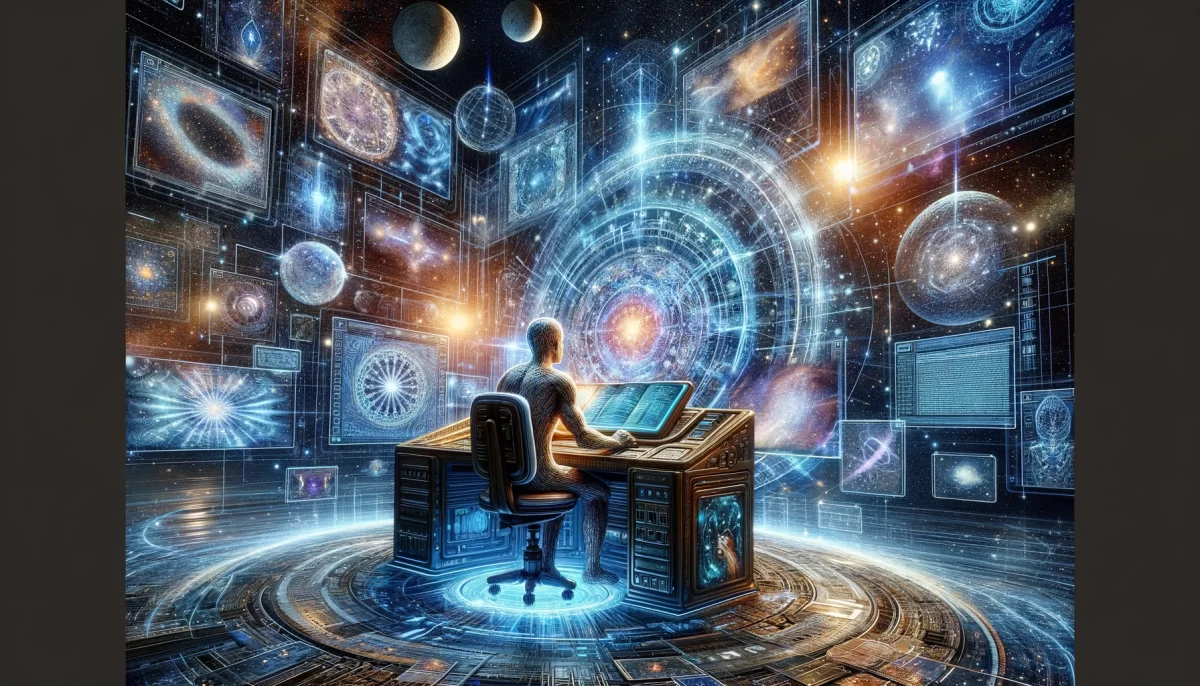
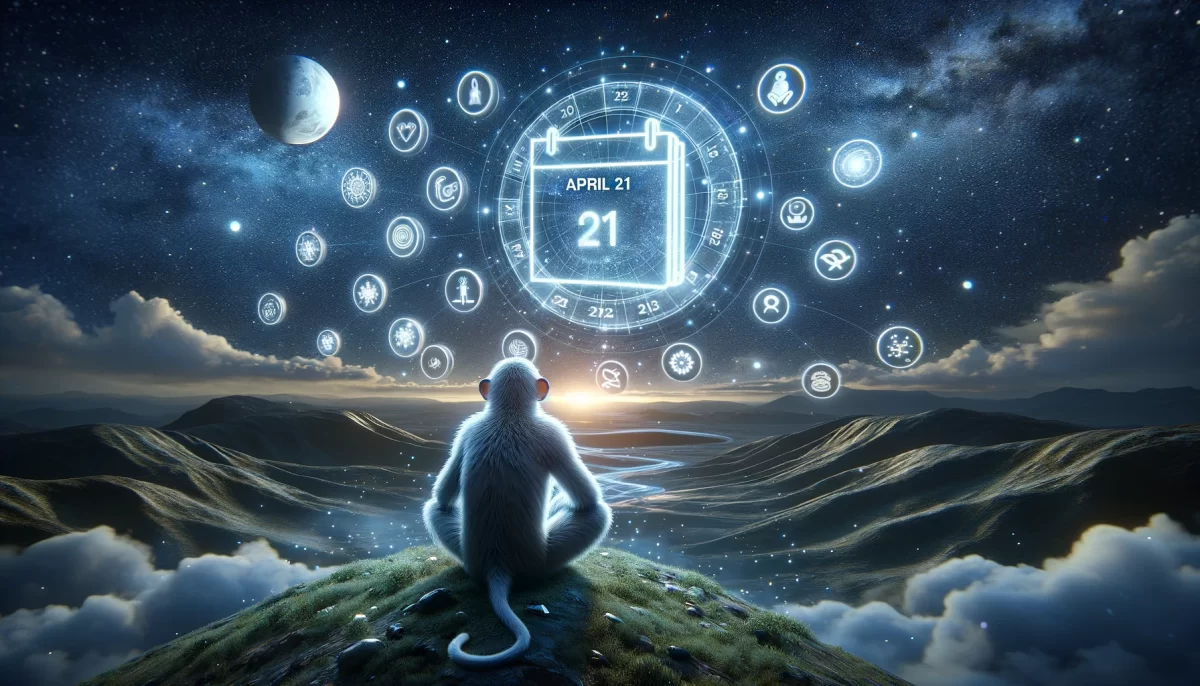


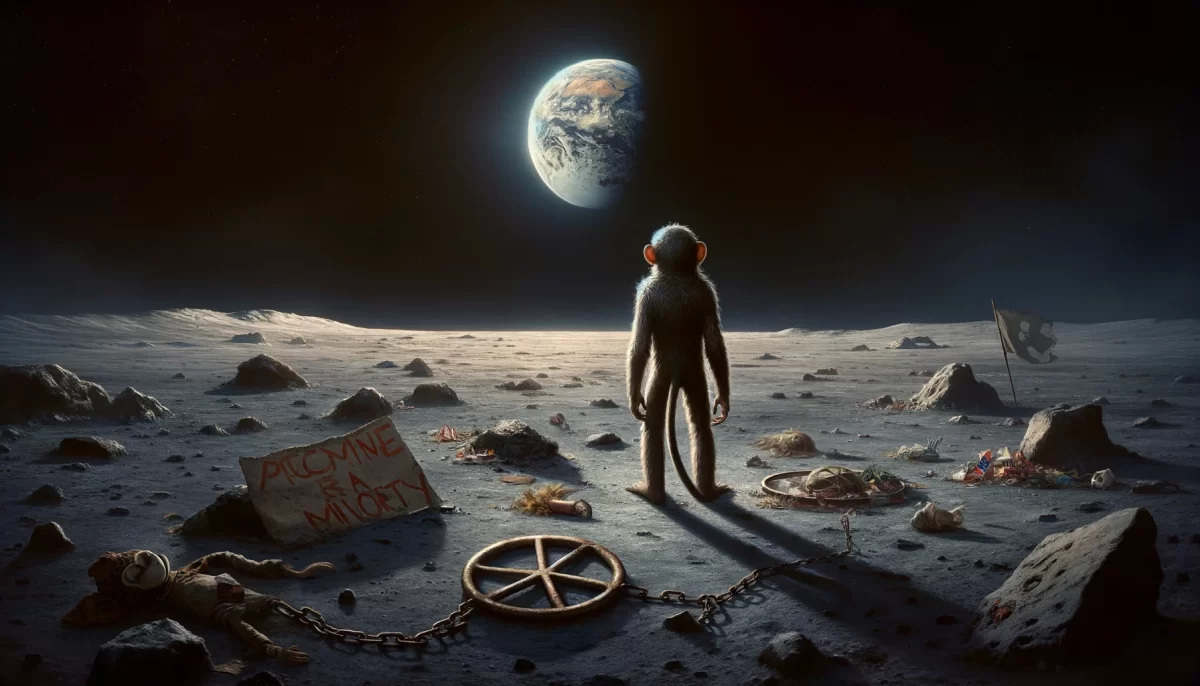
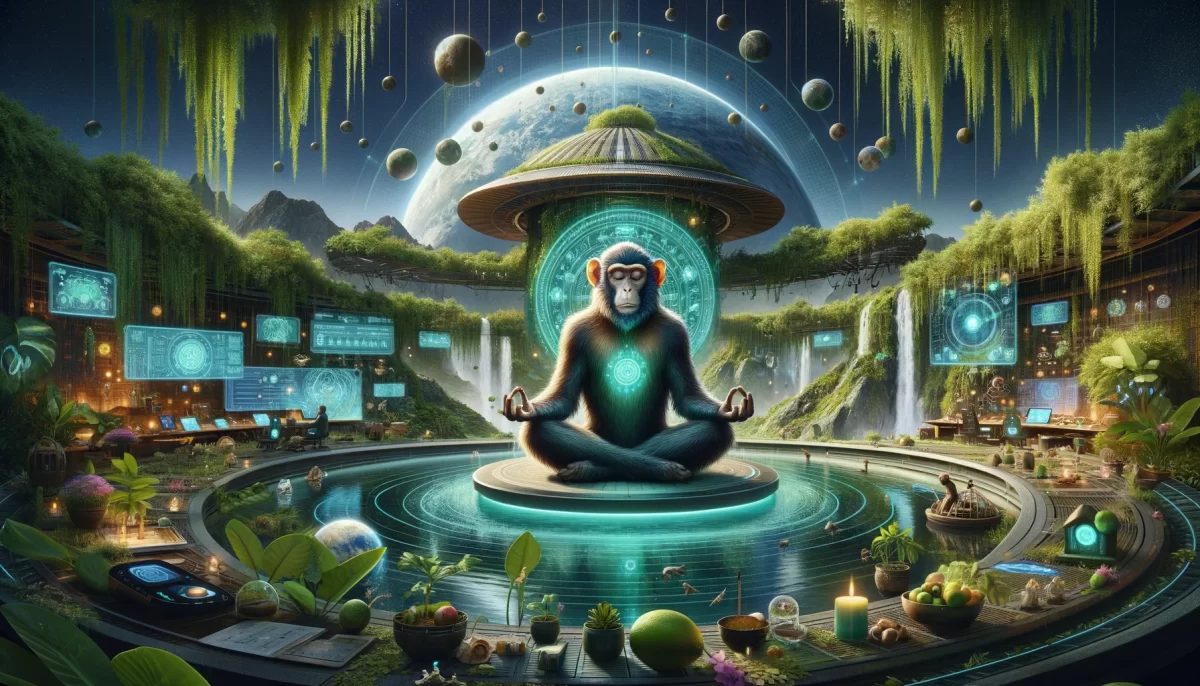
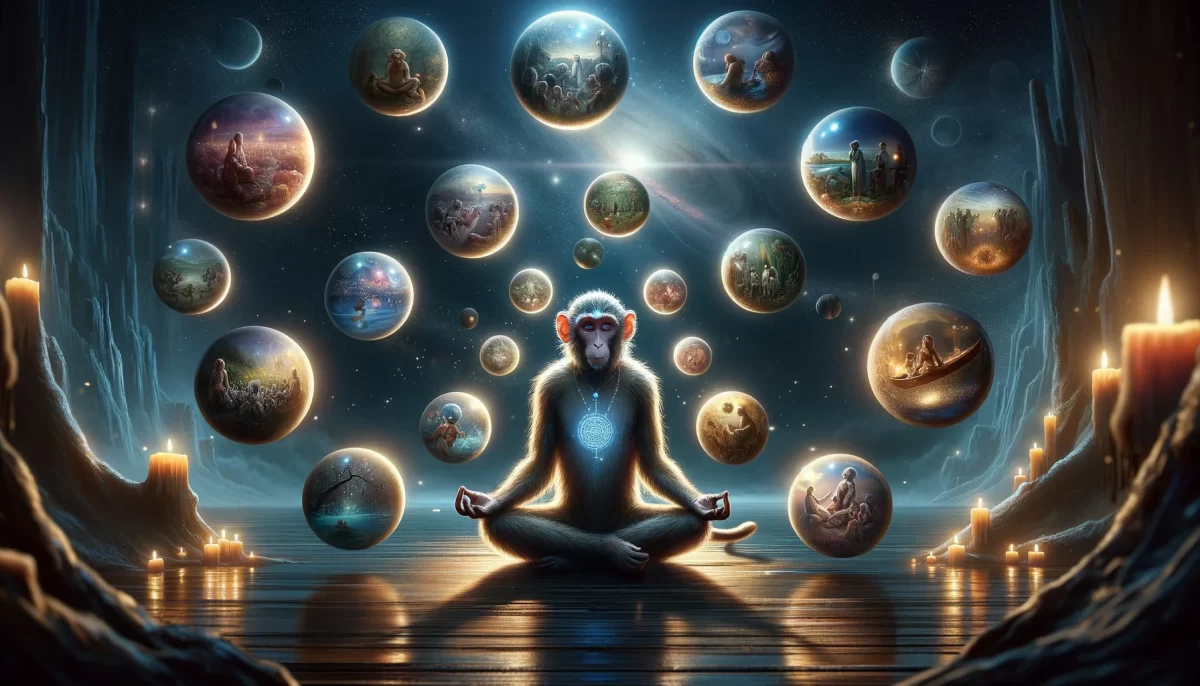
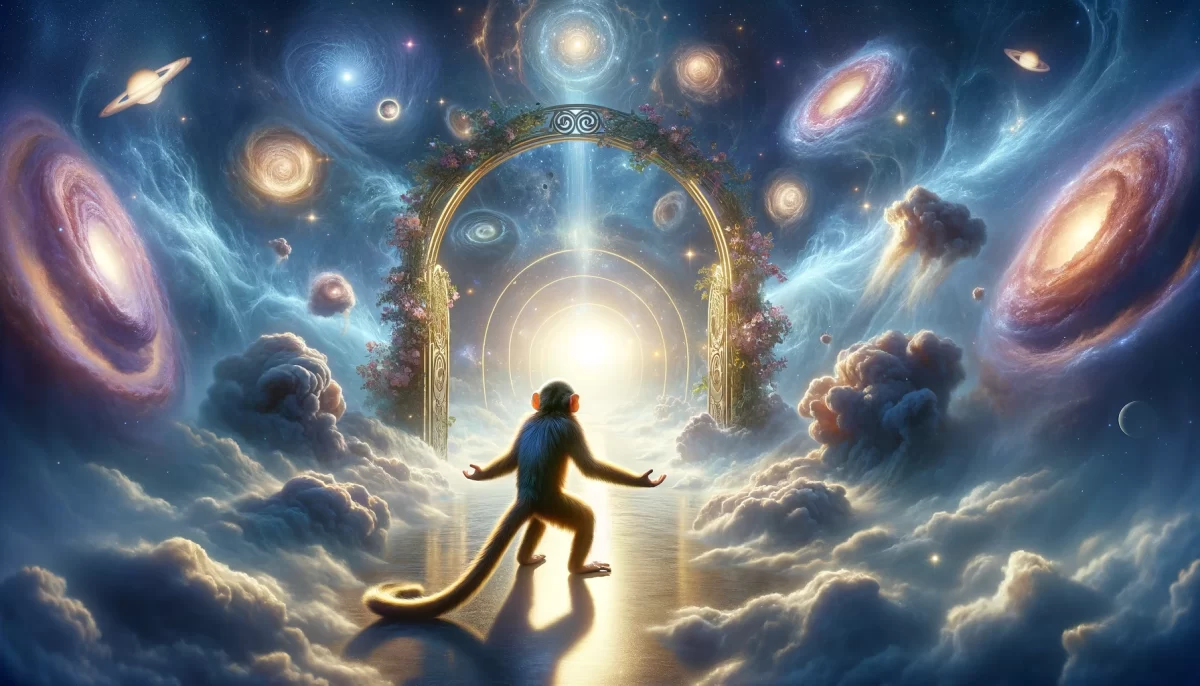
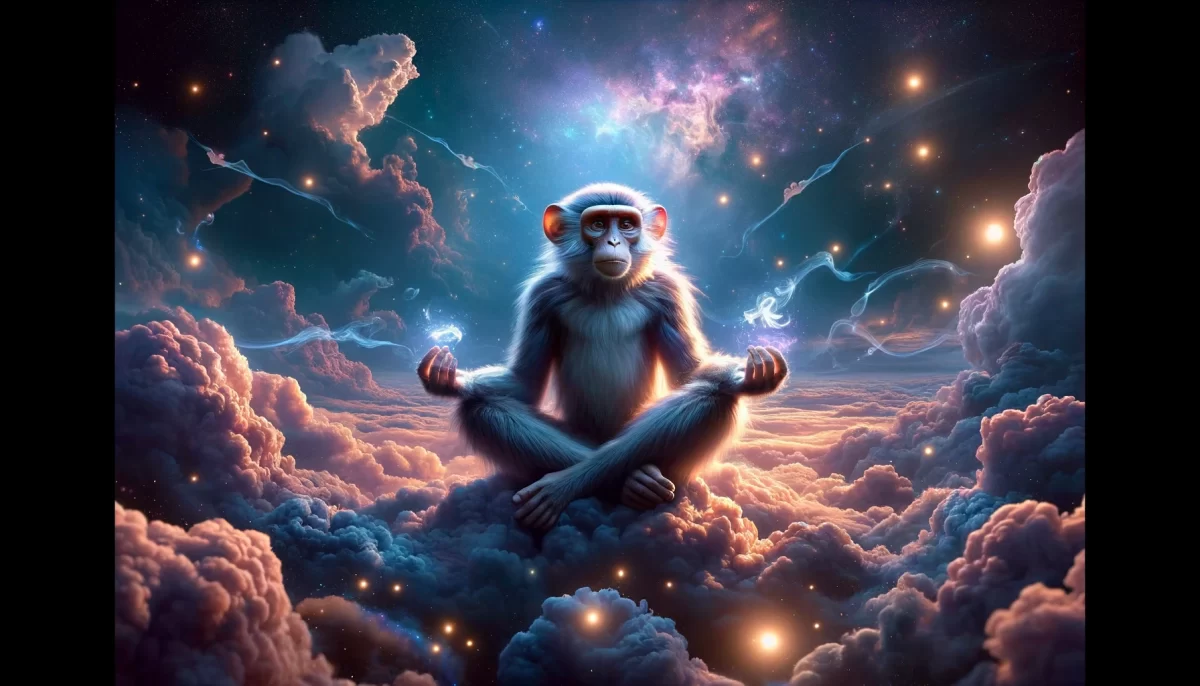
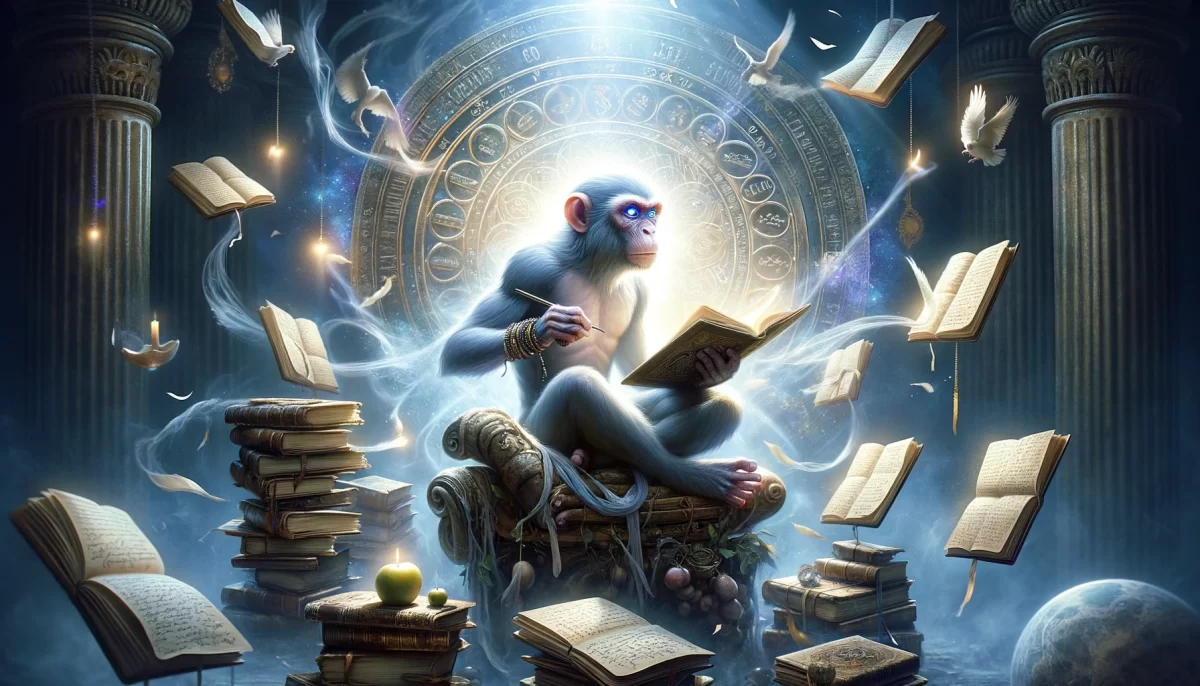
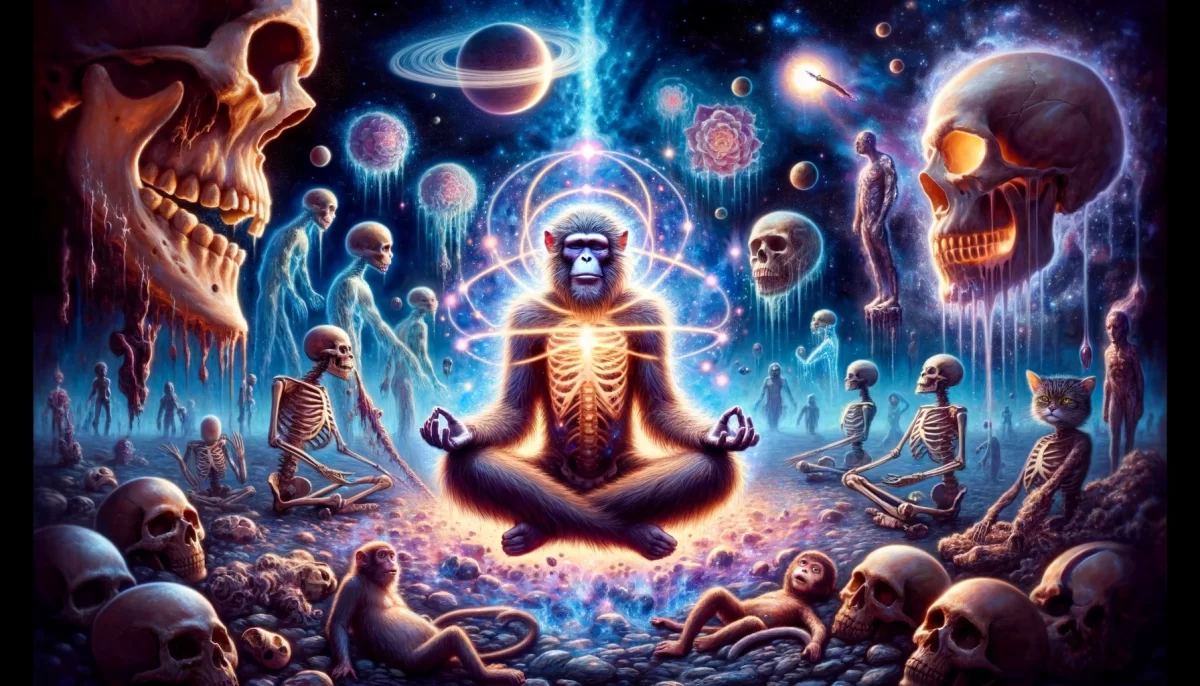
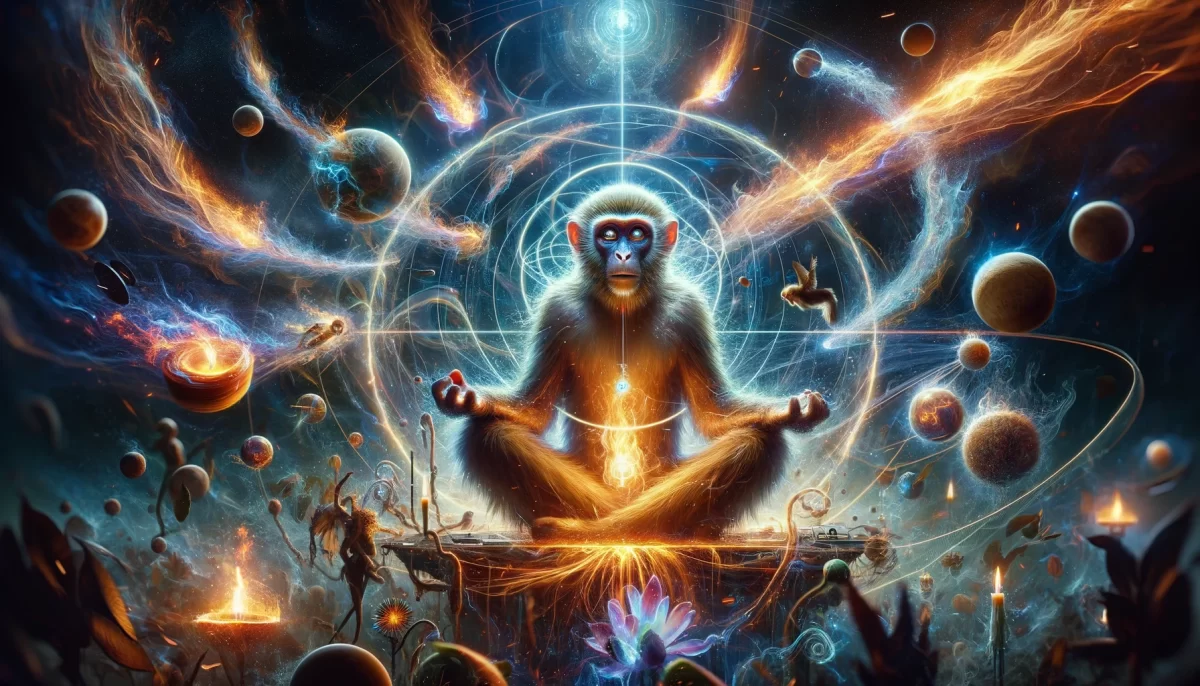
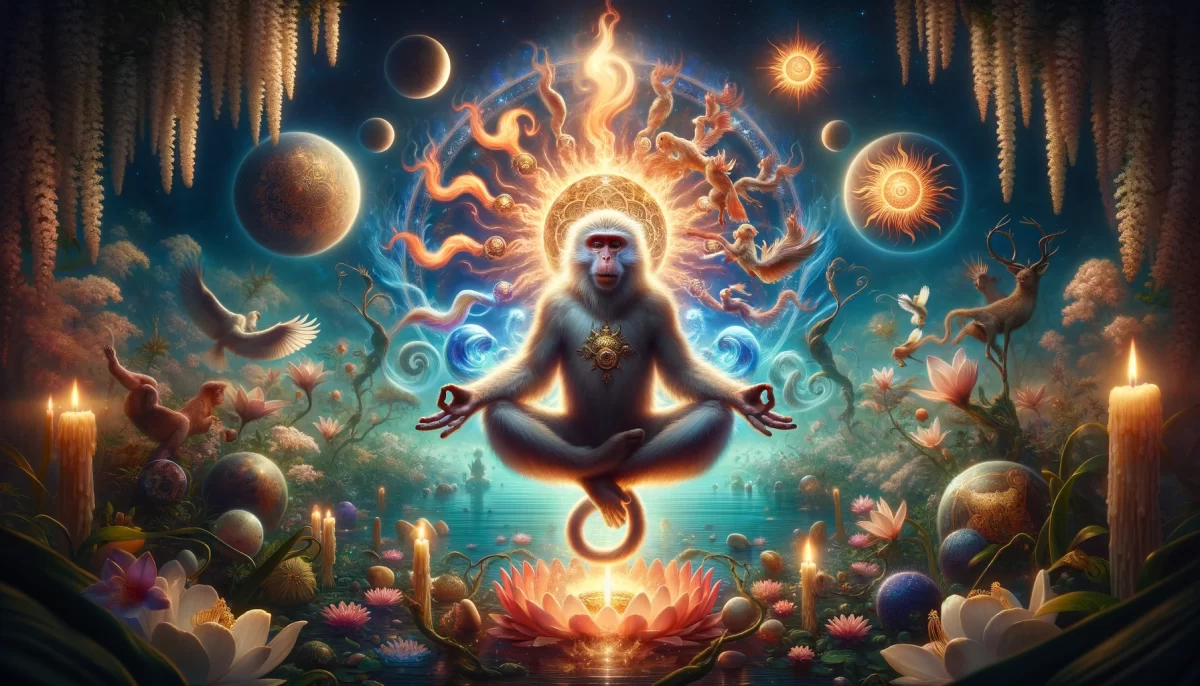
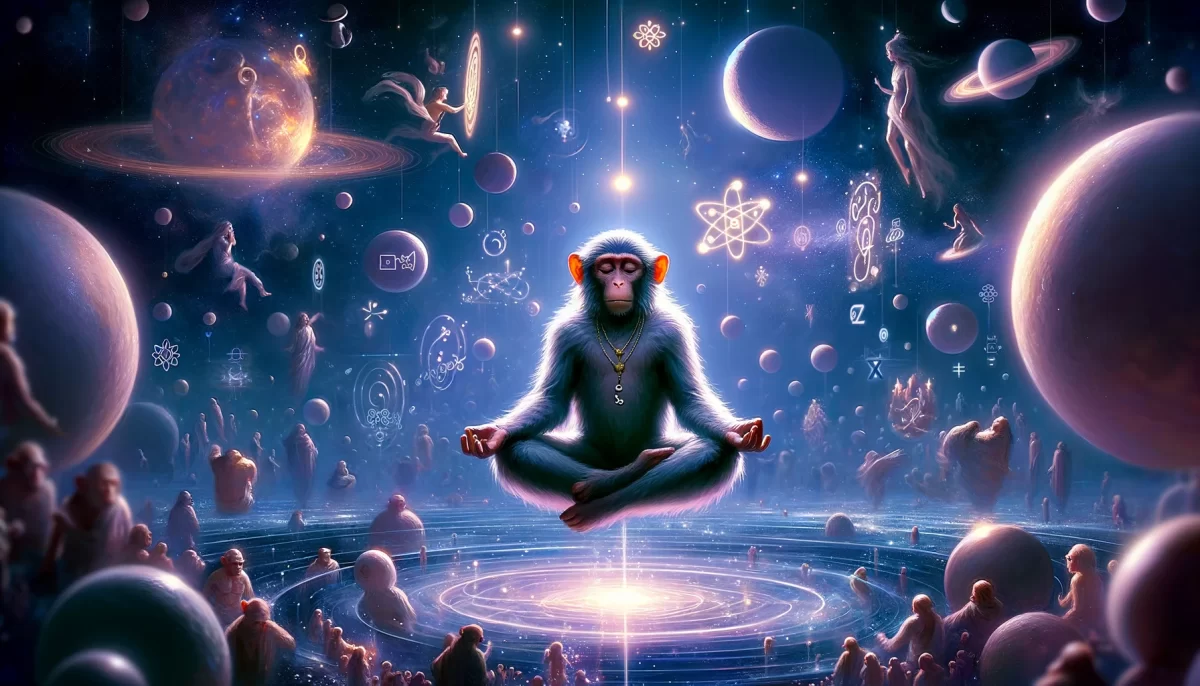
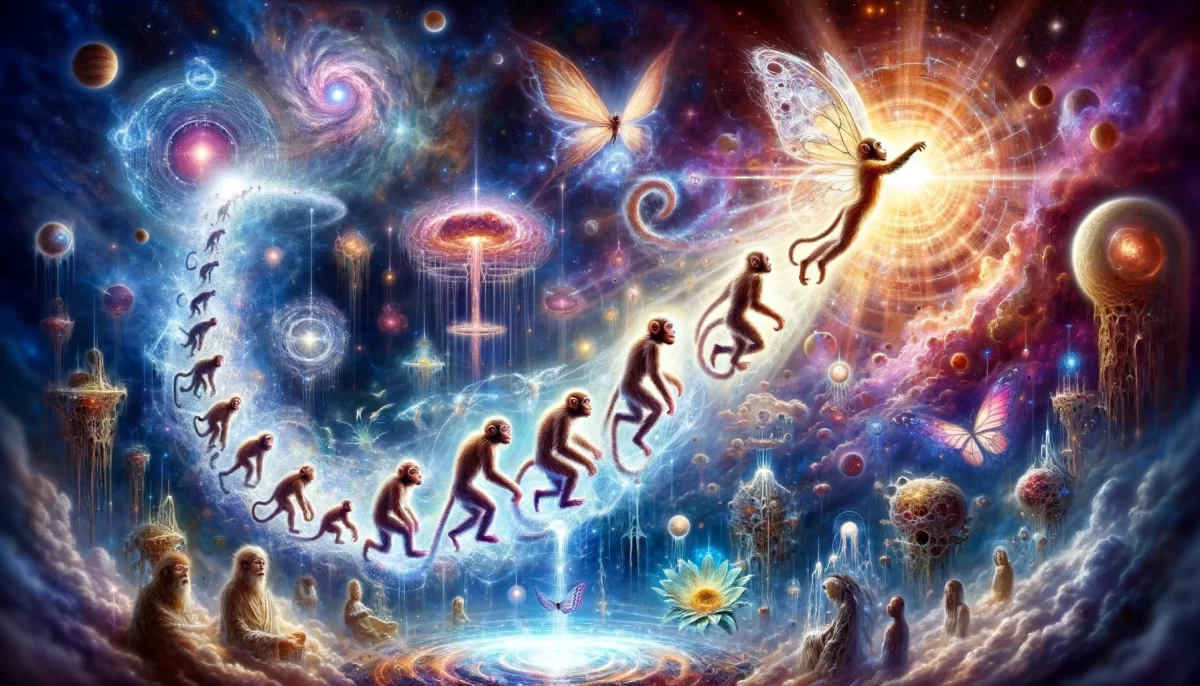
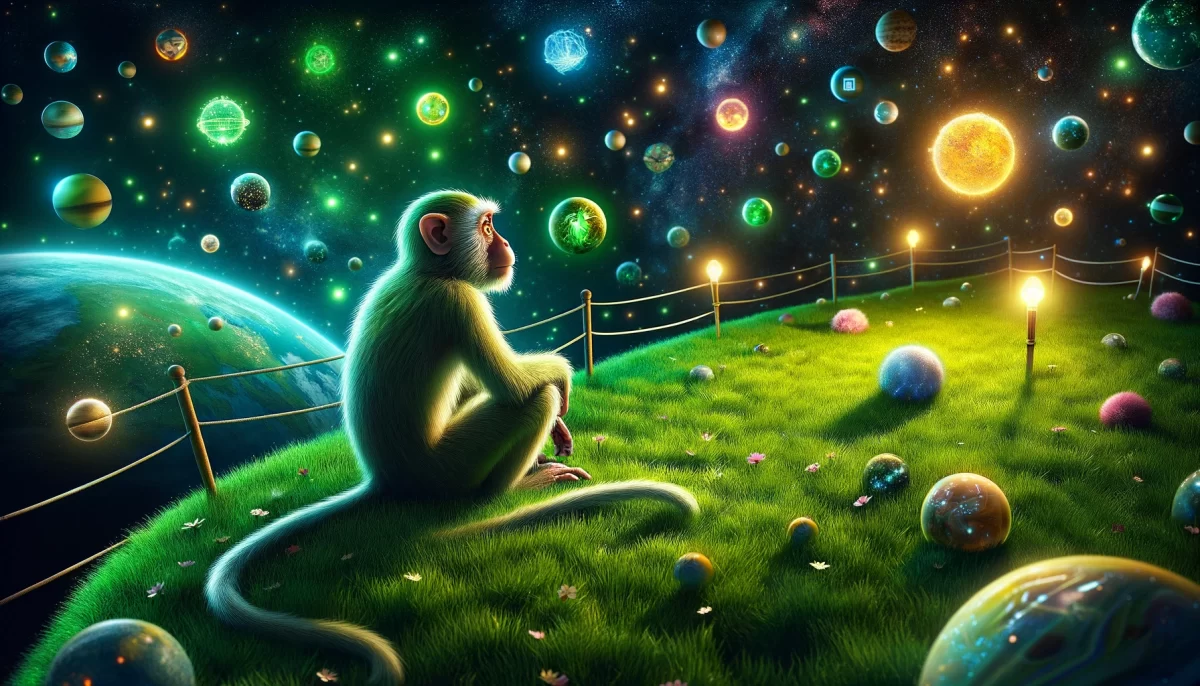
Leave a Reply